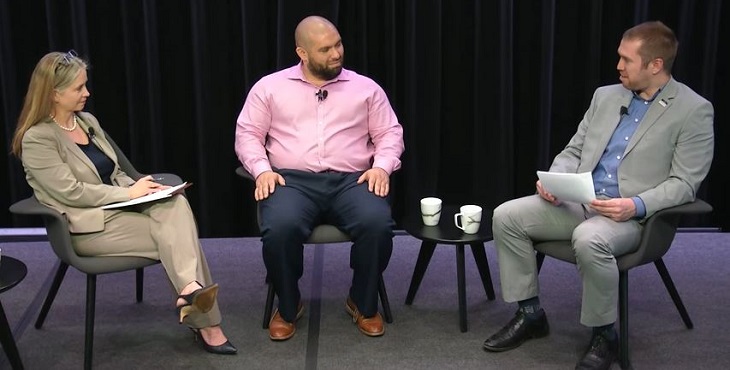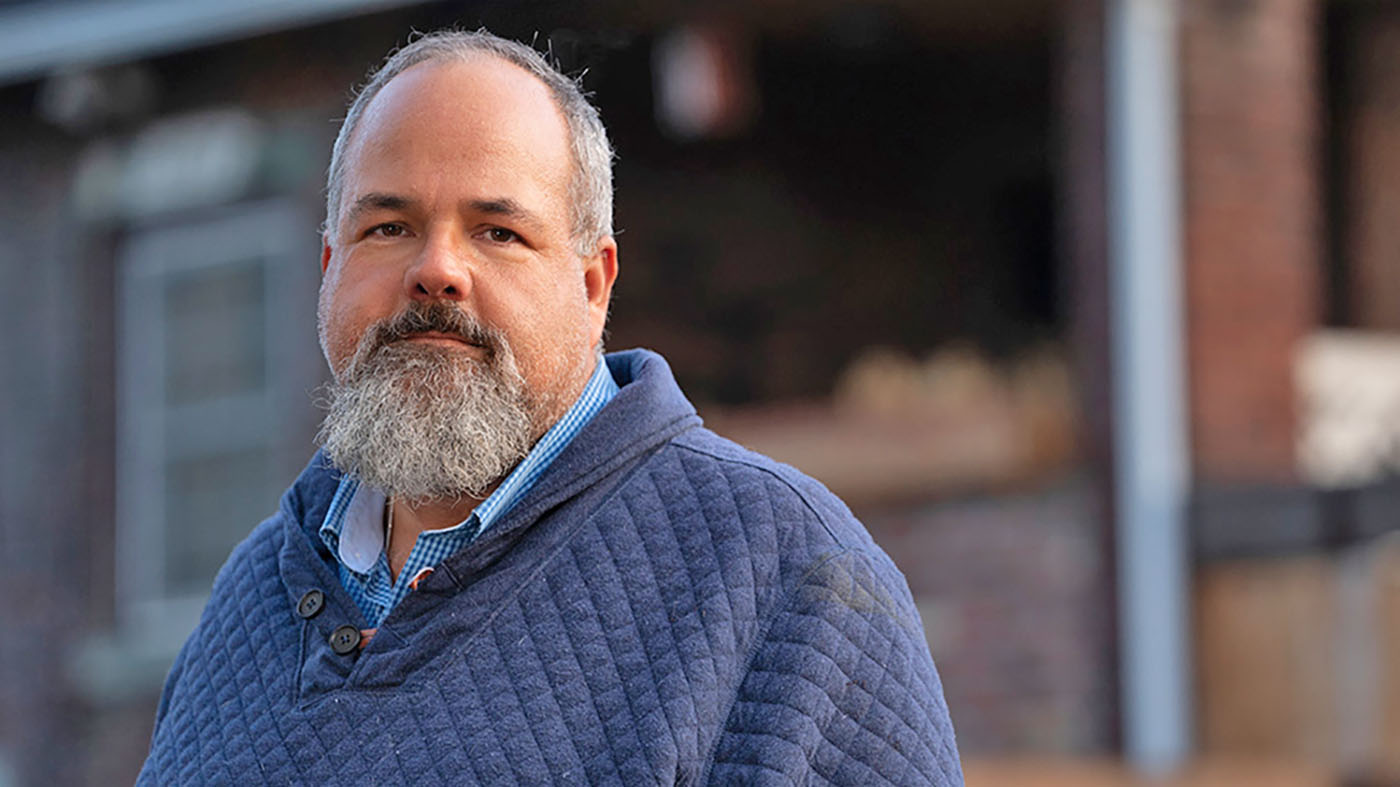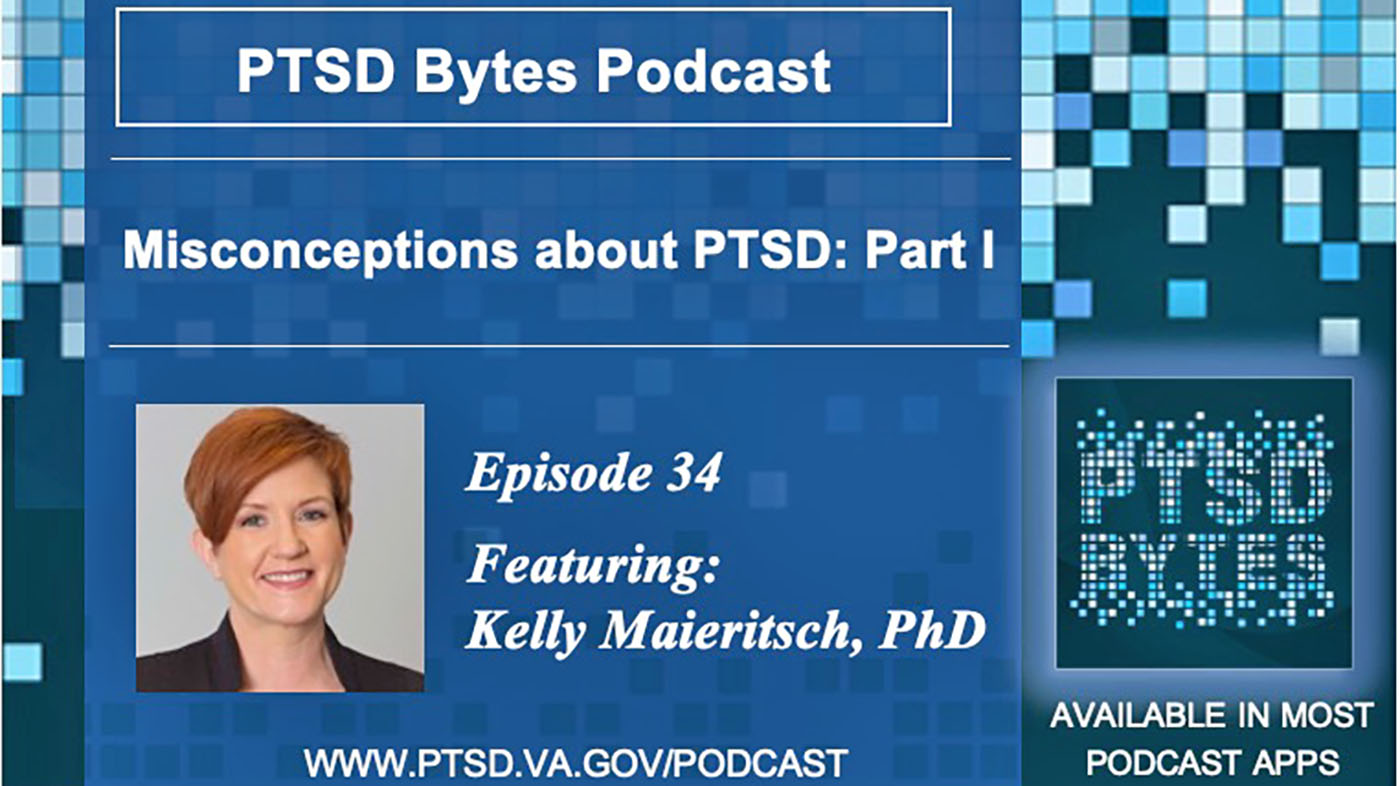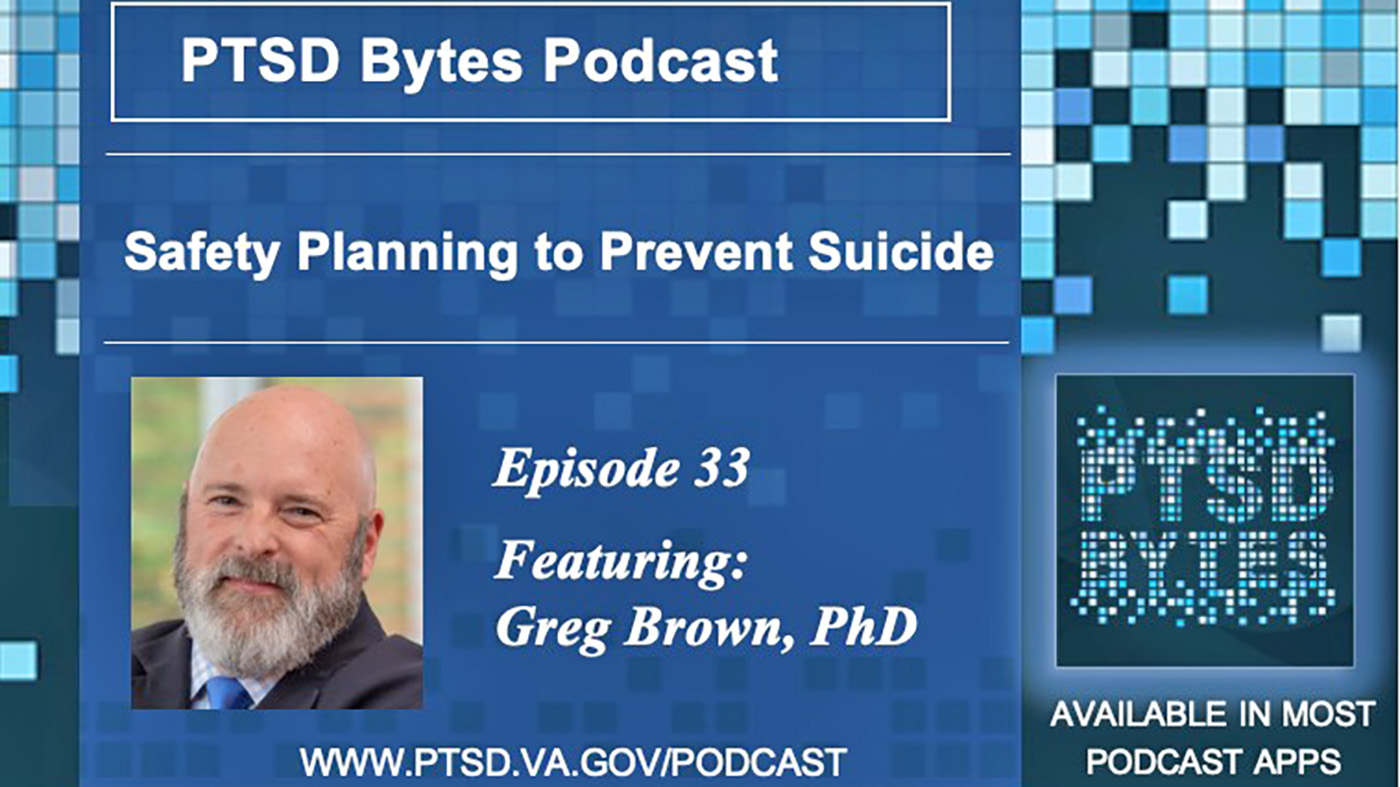At VA, one of our primary missions is to educate Veterans about the benefits they have earned, including support for the variety of health challenges and conditions they may face as they transition out of the service and move through life. Many challenges are known and some can cause a great deal of distress such as being diagnosed with a mental health condition like PTSD or depression.
Stereotypes and popular misconceptions have informed our reality for far too long. In many cases, this reality has served as a substantial and seemingly insurmountable barrier to treatment and a better quality of life. These misconceptions can prevent Veterans from seeking help and living their lives to their full potential.
We must eradicate these outdated narratives surrounding mental health and chip away at the “stigma” in order to make mental health care more approachable and accessible for Veterans. Education and outreach play a major role. One of this year’s activities during Mental Health Month took advantage of the new theme Mental Health Means a Stronger You, by holding a YouTube Live event panel to discuss what mental health can, should and does mean to our nation’s Veterans.
I’ve dealt with mental health issues in my personal life and knew how important a discussion like this would be. I was joined on the panel by two sharp individuals, Marine Corps Veteran Moses Maddox and VA’s Director of Innovation and Collaboration for the Office of Mental Health and Suicide Prevention, Dr. Wendy Tenhula.
Maddox discussed his transition from the military and how he went to extremes to re-experience the adrenaline rush of deployment. He offered insights on why it’s important to reach out for support.
“I am a big proponent of positive mental health,” Maddox explained. “Taking it seriously, that it’s not a ‘crazy sentence,’ saying that if you need help or if you’re feeling down, that’s not a sign of weakness, that’s a sign of strength. And it’s really, really important to talk about it.”
During the event, Tenhula discussed the resources available to Veterans as well as how to start having the conversation about mental health.
“On the MakeTheConnection.net website, there’s a ton of information about different mental health conditions, different types of treatments that are available and where you can find help, if you do decide you want to take that step to ask for help,” she said.
Special thanks to Moses and Wendy for joining me and providing a thoughtful discussion, personal stories and anecdotes and willingness to share in hopes it will help other Veterans.
We encourage you to watch and share the video and learn how you can make a difference this Mental Health Month and throughout the year.
Topics in this story
More Stories
Be ready before a suicide crisis by learning about resources that are available. You don’t have to face it alone.
In a two-part series, Dr. Colleen Becket-Davenport discusses some common myths surrounding PTSD with Dr. Kelly Maieritsch.
In this episode of the PTSD Bytes podcast, we speak with with Dr. Greg Brown, Philadelphia VA clinical psychologist, about how safety planning can prevent suicide.







That’s exactly what I told my primary Dr when he cut my pain meds in half . They say the VA forces them to cut back om meds of Veterans, Bull—t all the Dr’s are doing is trying to make themselves look good to the VA supervisors for cutting back on our Meds. They don’t care about the Veterans in chronic pain like yourself, they are forcing our Veterans to go out and buy street drugs to control our pain. No one gives a Sh-t about us. I feel for you my Brother and hope someone reads our post and can help those Veterans like yourself. God Bless Brother
Call the VA and request a case manager. The case manager can advocate for you to help you get services. Also, your county’s Veterans Service Officer can help direct you as well.
Im in chronic pain, i have asbestosis, i had surgy on both shoulders, both kness, surgy on stomach, the Va has taken me off my pain meds, im depressed, my wife is sick, and her helth is bad, the VA Will not send anybody to help me at home, all i can do is sit in a chair all day, i need some help. I am a 100% p&t disable, i dont know what else to do. I can not see a outside Dr. The va will not let me i am 63 years old, i dont want to starte buying pills off the street ,please can somebody help me
where are the comments